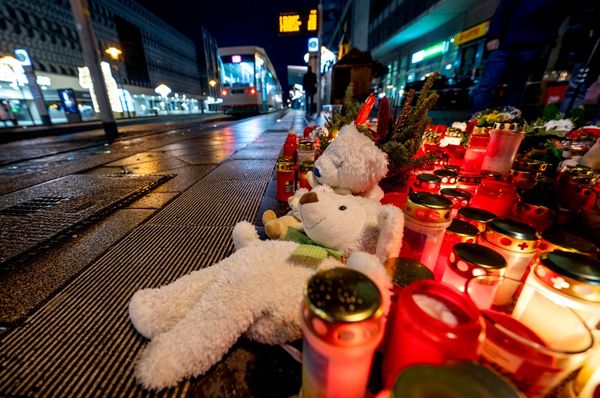
The CEOs of the three banks that failed during the past two months earned large bonuses in addition to their salaries.
But so far none of them have returned the millions of dollars.
DON'T MISS: Yellen Sends a Chilly Message to U.S. Banks
Gregory Becker, who worked at Silicon Valley Bank in San Franciscio for three decades before he was fired, earned a $1.5 million bonus in 2022 as CEO on top of his $10 million salary and received millions from stock options
Becker and Scott Shay, former chairman of Signature Bank, testified before the Senate Banking Committee on March 16 about the turmoil that occurred in the banking industry when their banks collapsed and were seized by federal regulators in March.
Customers received all of their money when the government stepped in and backstopped all their deposits, even those above the $250,000 threshold provided by the FDIC for each account.
Becker said he would not fight regulators if they decide to seize his bonus in the future after he was asked by several senators during the hearing.
But the veteran bank executive placed the blame of SVB's collapse largely on the Federal Reserve raising interest rates, bank regulators, the media, SVB's board and its own customers.
SVB collapsed on March 10, the first of three banks to fail during the past two months. The bank specialized in providing loans to venture-backed startup companies, many who were based in Silicon Valley and New York and saw a massive bank run.
Becker said the stock sales had been planned in advance and he did not use nonpublic information from his role as CEO to make trades.
“From the standpoint of compensation, that is determined by the board of directors,” he said. “I know they believed it was fair and I believe they were accurate.”
When SVB was seized on March 10, 88% of its deposits were uninsured, the FDIC said.
SVB's decision to buy long-dated government securities, including Treasuries, when interest rates were low backfired when the Fed raised rates in 2022 to deal with skyrocketing inflation rates.
The executives of SVB sold the bonds after they had lost a large portion of their value, which led to a $1.8 billion loss. The bank attempted to raise $2.25 billion in capital by issuing new common and convertible preferred shares to cover the shortfall.
Depositors made a run on the bank, withdrawing their cash and transferring it into other banks.
But SVB did not purchase any interest rate hedges, Becker said. Analysts have said that hedging interest rates would have lowered the amount of risk that SVB took on.
Signature Bank Co-Founder Refuses to Return Money
Shay of Signature Bank in New York refuses to return the bonus he received.
He earned $5.1 million in 2021 and $6.1 million in 2022.
Signature Bank collapsed on March 12 and was taken over by a federal regulator after the New York State Department of Financial Services closed the bank, only two days after SVB was shut down by the FDIC. The bank had had specialized in providing real estate loans and branched out into private equity lending and deposits from cryptocurrency companies. It was acquired by Flagstar Bank.
Shay shouldered very little responsibility for the bank's failure, calling it a “responsibly managed bank.”
When Signature Bank failed, 67% of its deposits were uninsured.
“Your opinion on what is a responsibly managed bank is now laughable,” Senator Elizabeth Warren, Democrat of Massachusetts, told Shay.
Michael Roffler, former CEO of First Republic Bank, and James Herbert, former executive chairman, chose to slash their bonuses to zero back in March.
Roffler received a $900,000 base salary and had a maximum annual incentive bonus opportunity of $2.95 million for 2022, according to the proxy statement filed on May 22, 2022 by First Republic.
The bank was acquired by JPMorgan Chase on May 1 after facing deposit withdrawals and a loss of confidence from investors and customers, making it the second largest bank failure.
“Despite herculean efforts by my incredible colleagues at First Republic…investor and depositor confidence never recovered,” Roffler said at the hearing. “Up until the cataclysmic events of March 10 and the following days…First Republic was in a strong financial position.”
But Roffler and five other First Republic executives sold $12 million worth of their stock in the bank, which is now being reportedly investigated by the Securities and Exchange Commission, according to Bloomberg.
Roffler divested 7,526 shares of the bank's stock at $130 in January, earning $979,000.







